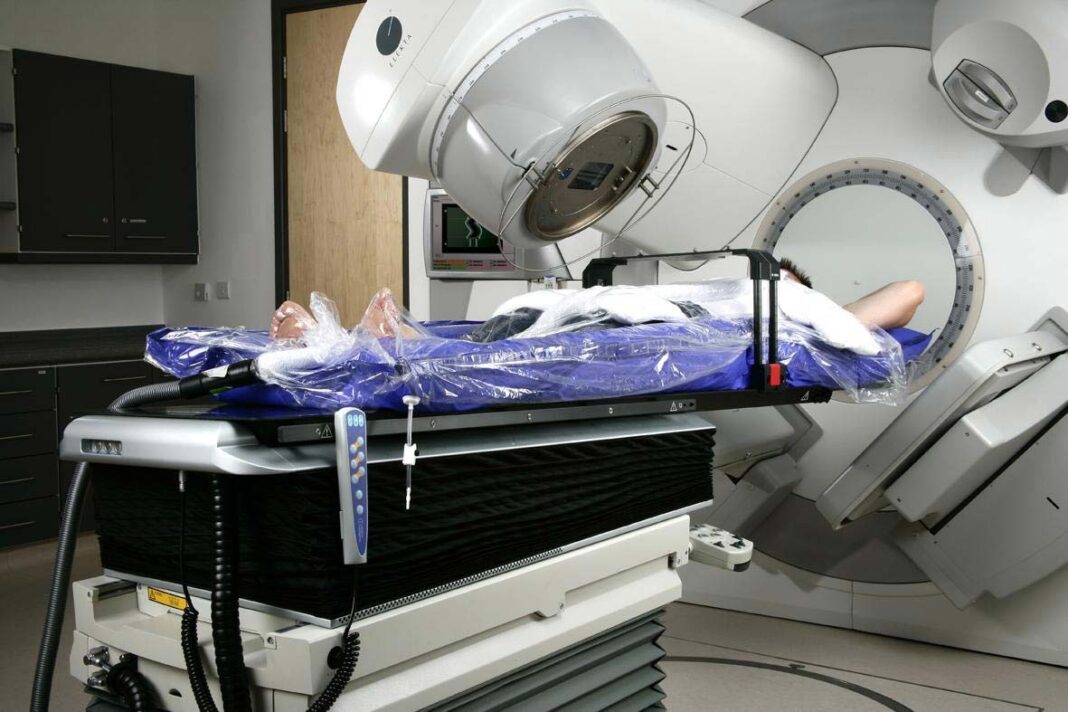By Teboho Serutla
Twenty-six medical doctors and nurses this week underwent a one-day training on use of equipment to detect cervical cancer at an early stage.
Conducted at the Sankatana HIV/AIDS and Oncology Centre, the health practitioners were drawn from different health facilities in the 10 districts of the country.
The aim was to detect the condition and offer necessary treatment to women and girls who suffer from cervical cancer.
At the occasion, the director general at the ministry of health Dr ‘Nyane Letsie said her ministry has spent huge sums of money for treatment of the cervical cancer patients outside Lesotho. Such treatment, she noted, was so expensive that the debt is still hanging over her ministry’s head.
“Some of the patients came from the rural areas for treatment and had to sleep over here in Maseru before being transferred to the neighbouring country. That is expensive; and this training will not only save us money but also time for treatment,” she said.
The president and founding member of Lesotho breast cancer network, Sejojo Phaaroe, was upbeat that the organisation was throwing a dice to have a 100 percent free cancer patients, especially among women.
He said the exercise would equip the participants on equipment to screen for cervical cancer. This is meant to help doctors and nurses to assist patients in other districts as part of a fight against the scourge.
According to Phaaroe it is planned that the training is to be extended to other districts where centres are to be built to address the health issue.
The director in the prevention of mother to child transmission (PMTCT)/, sexual and reproductive health under the Elizabeth Glaser Paediatric AIDS Foundation (EGPAF), Oluwasanmi Akintade, briefly remarked that cancer treatment was highly costly globally.
One of the participating doctors from Butha-Buthe government hospital, Tlota Selia-lia said the initiative came at the right time when there was need for establishment of cancer screening centres in other parts of the country.
He said as a single centre that detects and screen for cancer, it is usually overcrowded as patients from across the country visit the facility’
A delay to open other centres in other districts has resulted in overcrowding at this facility, he warned, noting that a political will was highly necessary for health delivery services.
This training is offered by EGPAF through the financial assistance of the United States Agency for International Development (USAID).









